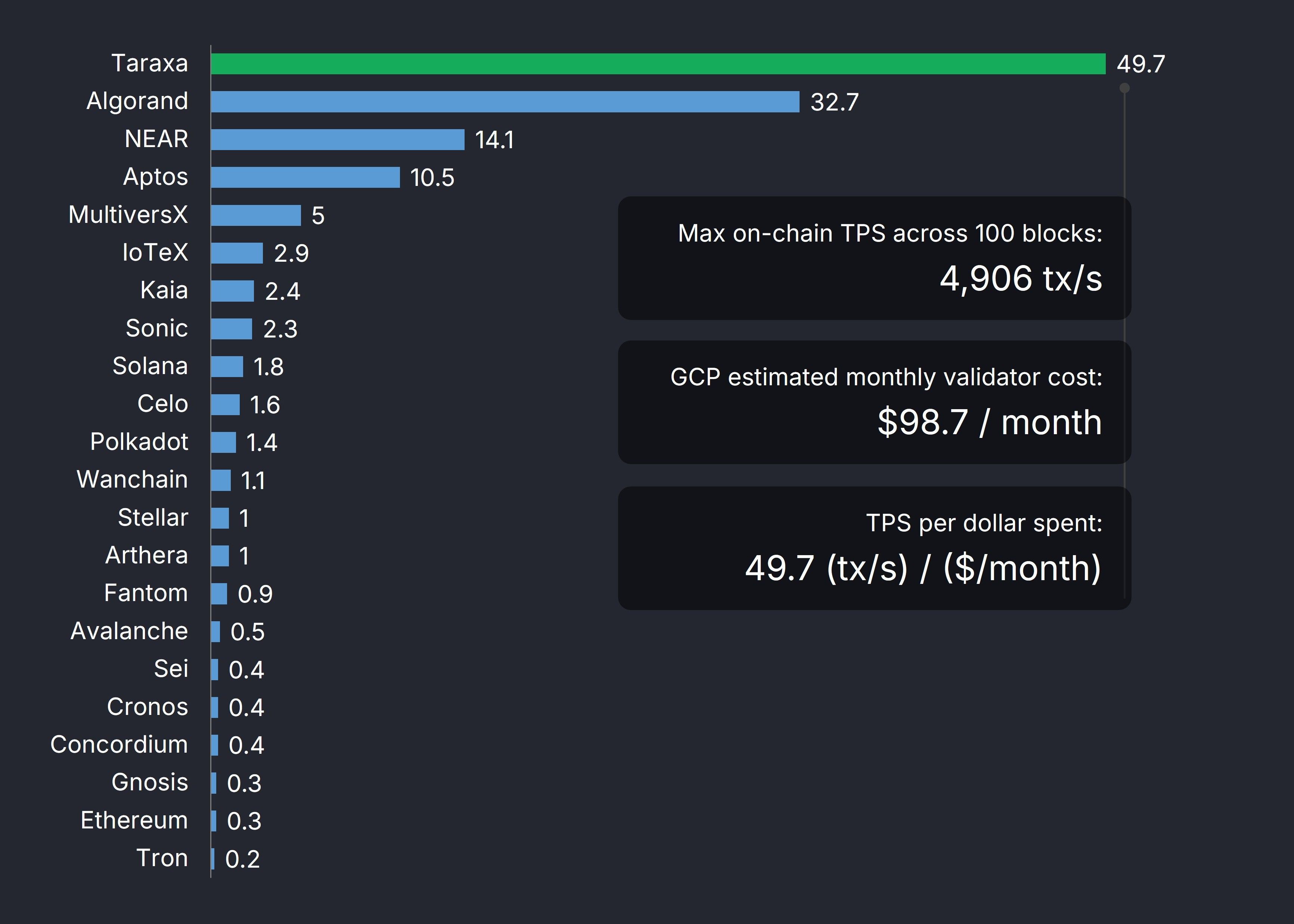Near Zero Transaction Fees Open Up New Possibilities
Blockchain has always promised open, global transactions—but high fees and slow speeds have held it back. Taraxa flips that script with near zero-cost transactions, unlocking an economy where microtransactions become the building blocks of dApps. By making every action—from a game reward to an IoT device payment—fast, cheap, and scalable, it opens the door to entirely new Web3 possibilities.
Microtransactions Made Real
BlockDAG makes what was once impossible—tiny, constant on-chain payments—both practical and profitable. With over 5,000 TPS, sub-4s finality, and ~$0.001 fees, developers can finally build dApps where cost no longer kills creativity. From in-game rewards to IoT pay-per-use services, BlockDAG’s architecture turns microtransactions into a foundation for Web3 innovation.
dApps Without Limits
When fees vanish, entire categories of applications come alive.
Gaming: real-time rewards, micro-trades, and player-driven economies.
Social: tipping, verifiable engagement trails, and interaction monetization.
IoT: devices paying per transaction to share or consume data.
And because it’s EVM-compatible, devs can port existing projects or launch new ones without rewriting code, unlocking creativity across DeFi, NFTs, and beyond.
Validators for Everyone
unning a validator is designed to be affordable and accessible. A simple setup costs about $98.70/month versus the $1,000+ often required elsewhere. Lightweight hardware, Docker images, and pruned nodes cut barriers even further, letting hobbyists and small teams join the network.
Cheap validators mean greater decentralization—and the capacity to process millions of microtransactions daily without burdening users.
Staking That Scales
The PoS staking model balances incentives with affordability. Validators earn commissions, stakers see ~15% APY, and everyone profits from transaction volume instead of high fees. Low risk encourages more participants, while grants support experimentation with microtransaction-driven dApps.
This creates fertile ground for innovations like DeFi micro-loans, social tipping systems, or loyalty programs, all powered by low-cost staking economics.
Efficiency That Expands Web3
With 49.7 TPS per $1 validator cost, BlockDAG sets a new benchmark in blockchain efficiency. The network already delivers 263 TPS in practice, with scalability plans reaching 50,000 TPS—all while keeping fees and node costs near zero.
This efficiency empowers everything from immersive gaming economies to IoT supply chains and small-business payment systems. Partnerships like Pixudi and World of Dypians showcase what’s possible when transactions are both fast and nearly free.
